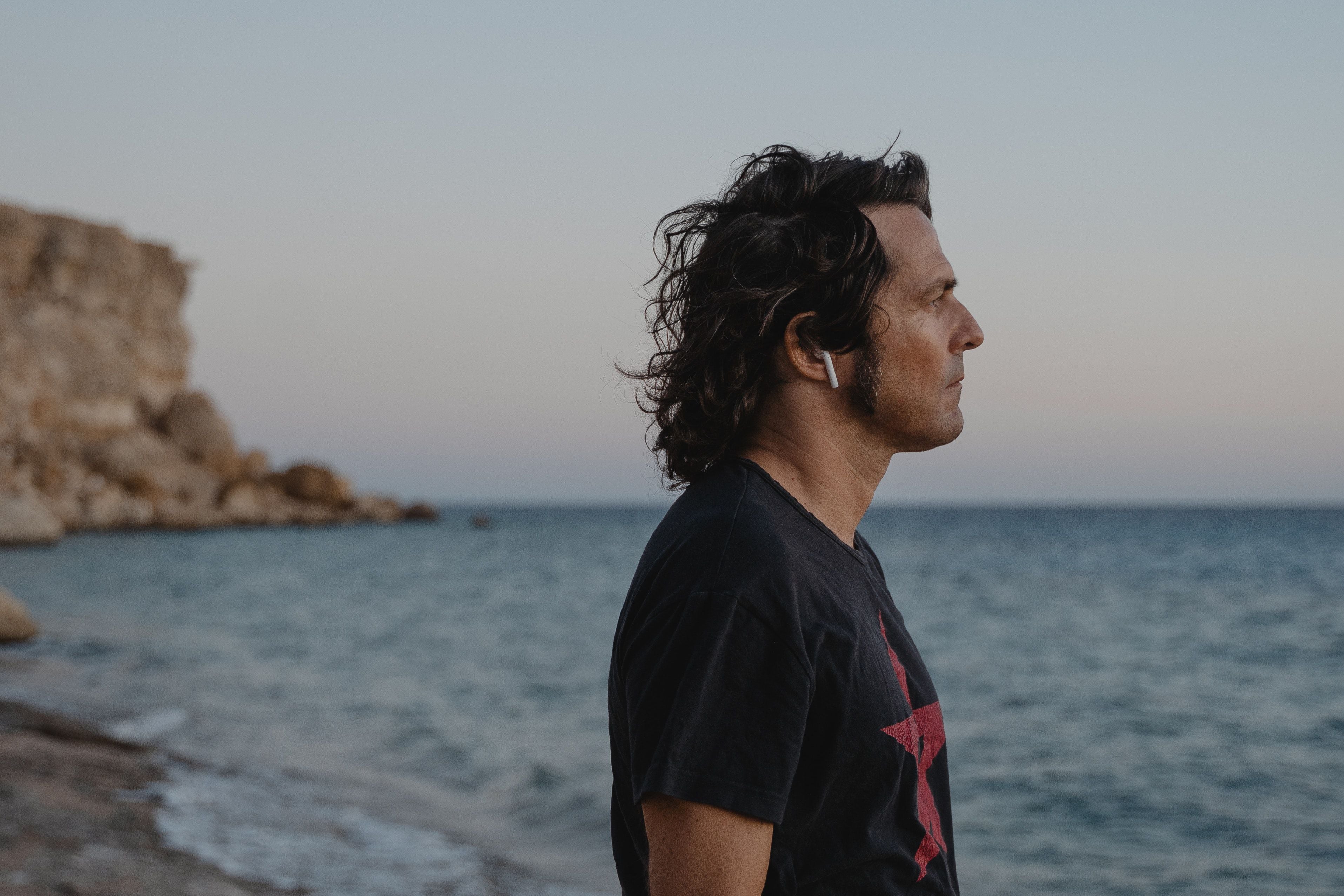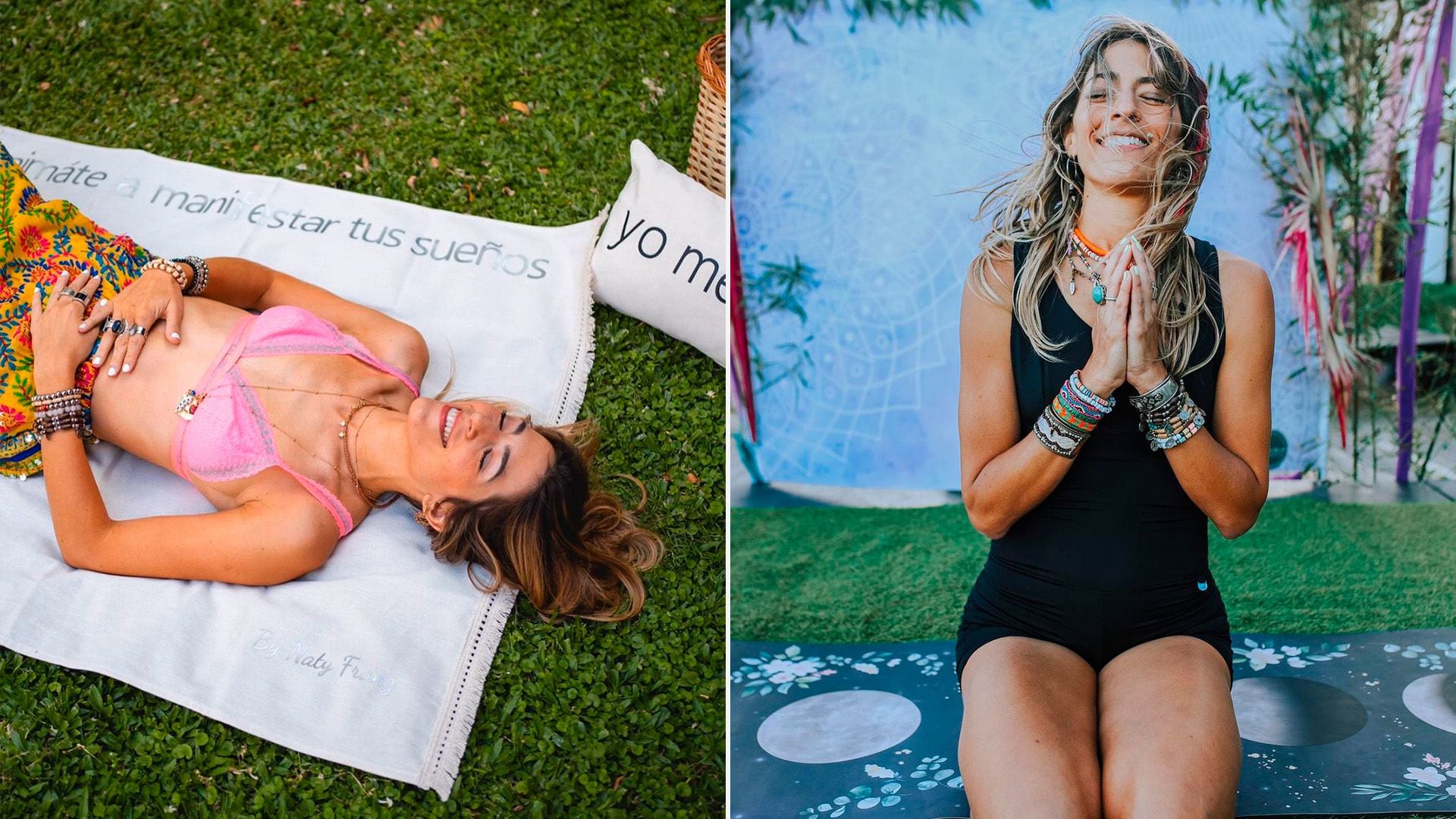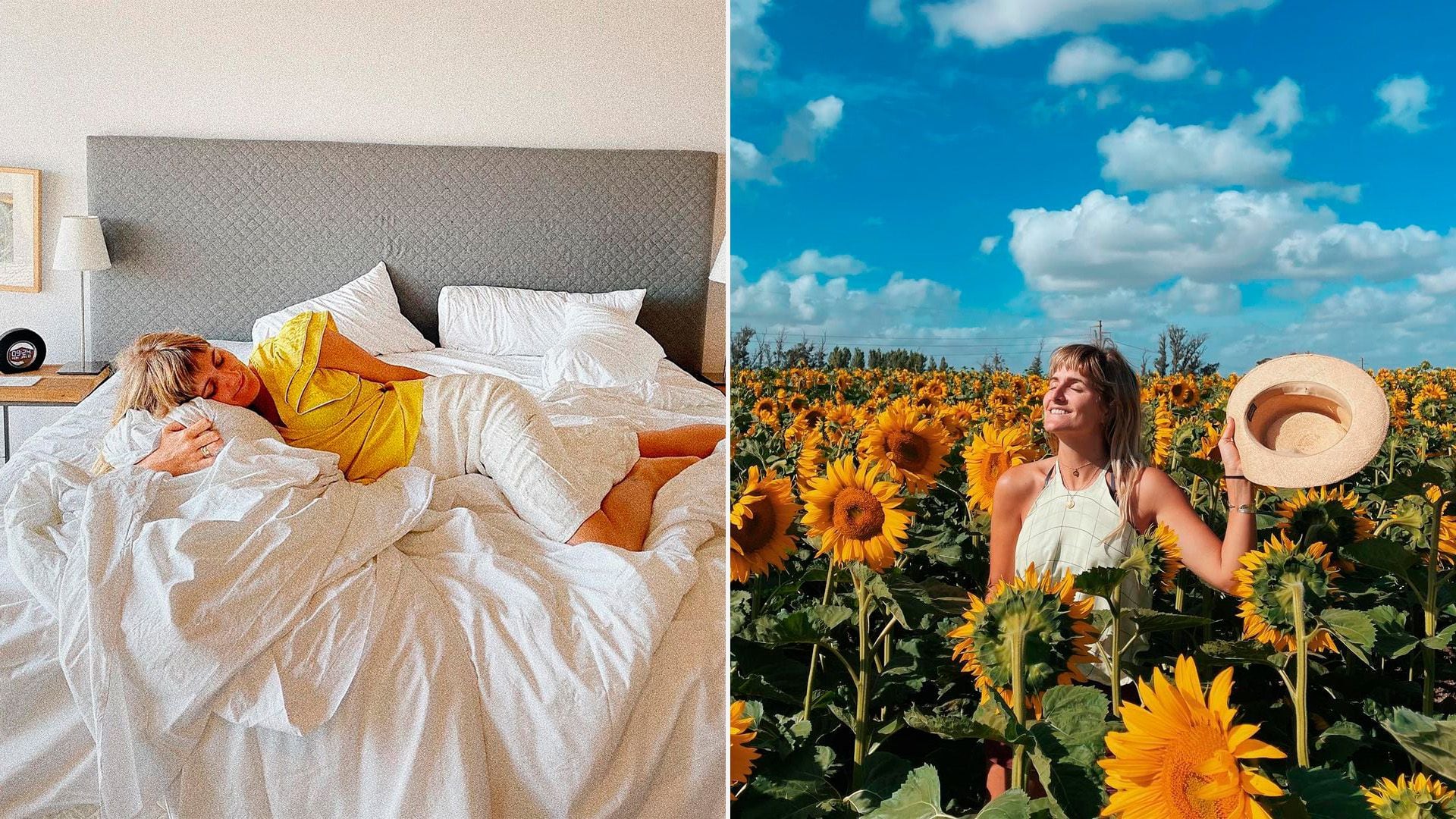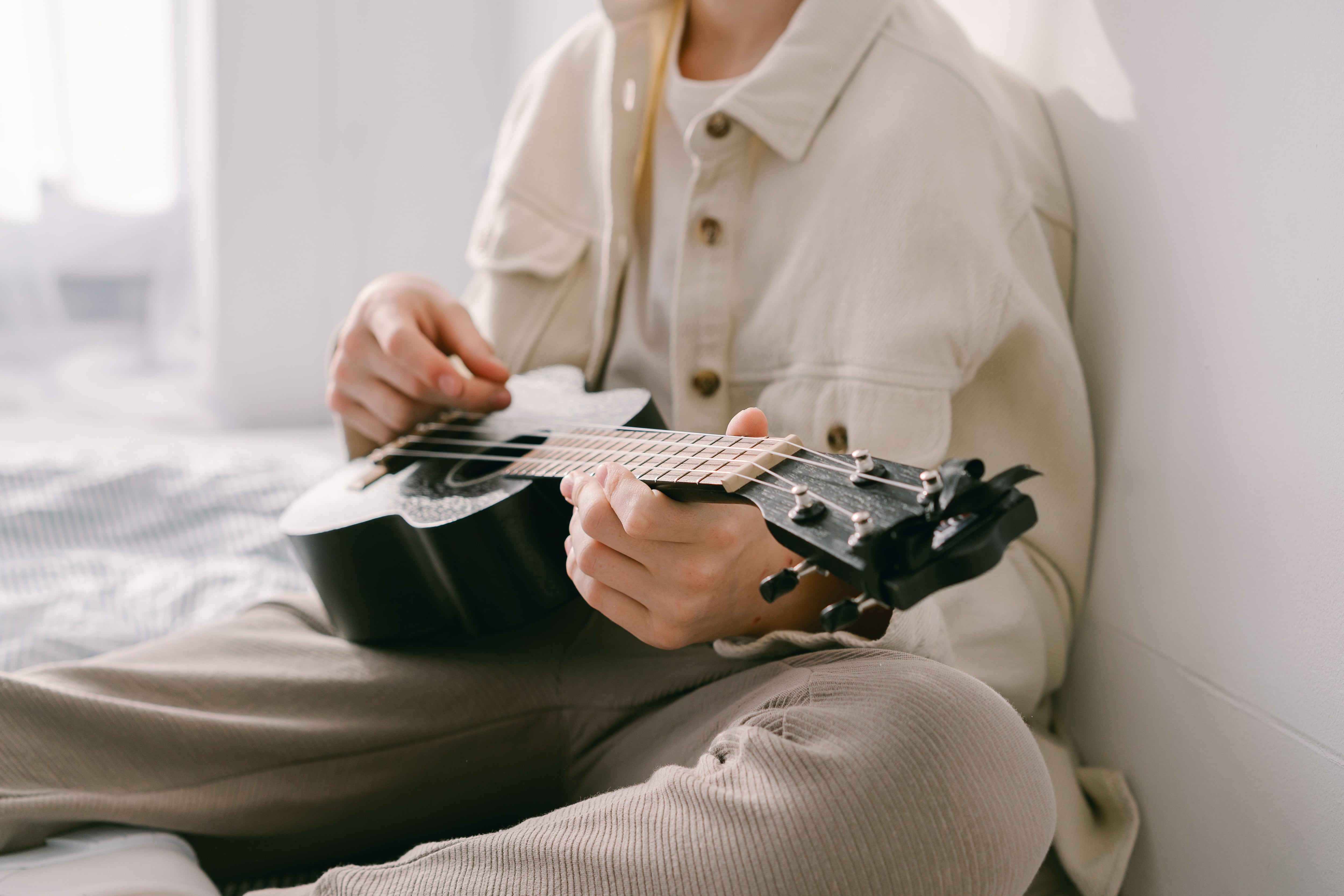
The cult of multitasking prevents us from being able to cut to devote total attention to leisure, to the action of not doing anything or to leisure. Postmodern society demands productivity, to be productive, to be permanently doing, to manage two, three or four fronts simultaneously. The deadline is always yesterday.
This accelerated and hyperproductive form is the tree that prevents us from seeing the forest. Where the best employee is the one who stays after hours, the best student does more than what is asked of him and the best parents, in addition to fulfilling work, house and food obligations, attend to the infinite activities of their children, do homework with them, take them to the square, move them from one end to the other, with a head collapsed that arrives at night over accelerated. Insomnia, stress and physical somatization are indicators that shout out to alert us: we have to stop for a while and enjoy things a little more.
According to the South Korean philosopher and writer, Byung-Chul Han, “stress, which is growing, does not even make a restful rest possible. That's why it happens that many people get sick right during their free time. This disease is called leisure sickness, a disease of leisure. Leisure has become an insufferable way to do nothing, an unbearable empty form of work. ”. For the writer, nowadays working time has totaled into absolute time, “we should really invent a new form of time. If it turns out that our life time or the length of our life completely coincides with working time, as is partly happening already today, then life itself becomes radically fleeting.”

Micro-moments are a way to counteract the “negative attention bias” that is embedded in all human beings. A survival mechanism but also the root of mental health problems such as post-traumatic stress disorder, anxiety and depression. One of the ways to counteract negative bias is to draw attention to micro-moments of joy, wonder, creativity or connection. This practice can be incorporated into everyday life while walking, connecting with nature or doing activities that are enjoyed, reading a book, looking at the sky or simply closing your eyes for a while.
Naty Franzoni, a wellness benchmark, motivational speaker and yoga instructor, told Infobae the importance of taking a micromoment a day, “a moment for us every day” because it is habit and perseverance that creates the result.
“We live a very hectic life, where we are all the time disconnected from ourselves, and to find that moment is to begin to inhabit the balance a little bit to feel good, to get out of the places that make us uncomfortable, to look for another possibility. Because there is always some way to feel a little better and when we find it we achieve balance,” he explained.
For many, a micro-moment means peace, for another it is a moment with oneself, a time to restart. A recurring conclusion is the need to isolate oneself, from time to time, from the chaos of everyday life and to take advantage of the pleasant moments that life proposes.

“It is essential, at least, to think in the minimum minutes that they give us that bath of light, of energy to do anything we are doing again,” explained to Infobae Lulu Biaus, a fashion stylist and digital content producer, who says it takes a lot to “give away” that time. “But I try not to demand myself,” Biaus clarified, “that it is to do a whole yoga class, but suddenly I settle for concentrating in the shower or doing some movements in the morning before leaving the room. When I go somewhere, I try to do it without listening to music, without looking at the phone. Connect with that.” This is your ideal light bath to recharge.
To focus attention on simple issues, such as being amazed by some feature of nature, colors, art, the rhythm of a song or looking at a familiar face. This can help calm stress, renew energy, while for a while we disconnect to connect with other senses.
Why is it necessary to take at least one micromoment? “It's important to be able to do it so as not to get stressed, for some it's a sport, walking, running or carpentry. The time or activity is particular for each person. Doing so avoids being overburdened, “Dr. Laura Orsi, a psychoanalyst, and director of the Department of Psychoanalysis and Society of APA, told Infobae.
“I would call it creative leisure,” said Orsi, “a moment that allows us to reunite with our desires, pending dreams, with our family. We are always thinking about what is productive and not about our needs as human beings, not about being right with “oneself” and the environment.” For the specialist, it is also a way of “rescuing ourselves from everyday micro traumas, so different for each one in times of pandemic and war.”

“The fatigue society is linked to the saturation caused by hyperactivity,” Byung-Chul Han wrote. This approach is opposed to the praises of active life promoted by the German writer and theorist and politician, Hannah Arendt, where producing generates life and working generates worldliness. Han calls for a return to the contemplative life that places, above all, in the gaze.
“When we don't find the time for ourselves, we give power to the daily routine, to what others tell us, to what is happening outside, outside, where there is always a lot of noise,” Franzoni said, “when we manage to have that moment for ourselves, we take the power to choose.” In your case, it happens “immediately” after a meditation, a yoga practice, writing, breathing or putting your feet on the grass. “There we became aware of our power and began to choose what is best for us.”
Often the demand ends up limiting any possible micromoment because it is not of the intended size. In the case of Lulu Biaus, the first thing to do to have a micromoment is to “start the demand”. Not the requirement that that moment has to be in such a way, connect in such a way or that it takes as long as it is supposed to last, “many times it is very difficult to achieve.”

The professional coach, Ricardo Melo, in dialogue with Infobae, said that “enjoyment is usually associated with laziness, and therefore with the feeling of guilt for not doing productive tasks. But we must challenge these limiting thoughts, and change them with others that empower us and make us feel full and happy with the decisions to have enjoyment for ourselves.
In addition, he stressed that the key is to “make integral decisions” to be able to enjoy moments without guilt. For Melo, it is important to understand that for this to happen we must “have a balance, an internal balance, know that rest is part of training, that like formula 1 cars, getting into the pits is part of the race, that sharpening the axe is as important as cutting down the tree.”
“Time is the most valuable and democratic thing that exists, we all have 24 hours a day and 7 days a week, the difference is in how everyone can manage it, there are external factors, those that do not depend on us, and also, more than we believe, internal factors that depend one hundred percent on us. ”,
In life we can talk about years, months, days, hours, moments. And micromoments. “How to reconquer those micro-moments? Melo wondered, beginning to become aware of breathing. Dedicating a mindfulness exercise to the day doesn't mean being an expert in yoga, but bringing awareness everywhere, when you wash dishes, brush your teeth or talk to someone else without thinking what to answer or what you're going to do next.”
KEEP READING:
Últimas Noticias
Debanhi Escobar: they secured the motel where she was found lifeless in a cistern

The oldest person in the world died at the age of 119

Macabre find in CDMX: they left a body bagged and tied in a taxi
The eagles of America will face Manchester City in a duel of legends. Here are the details

Why is it good to bring dogs out to know the world when they are puppies




